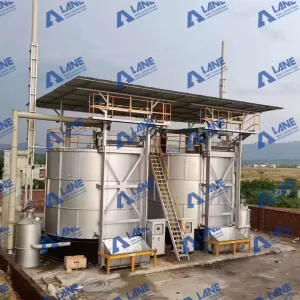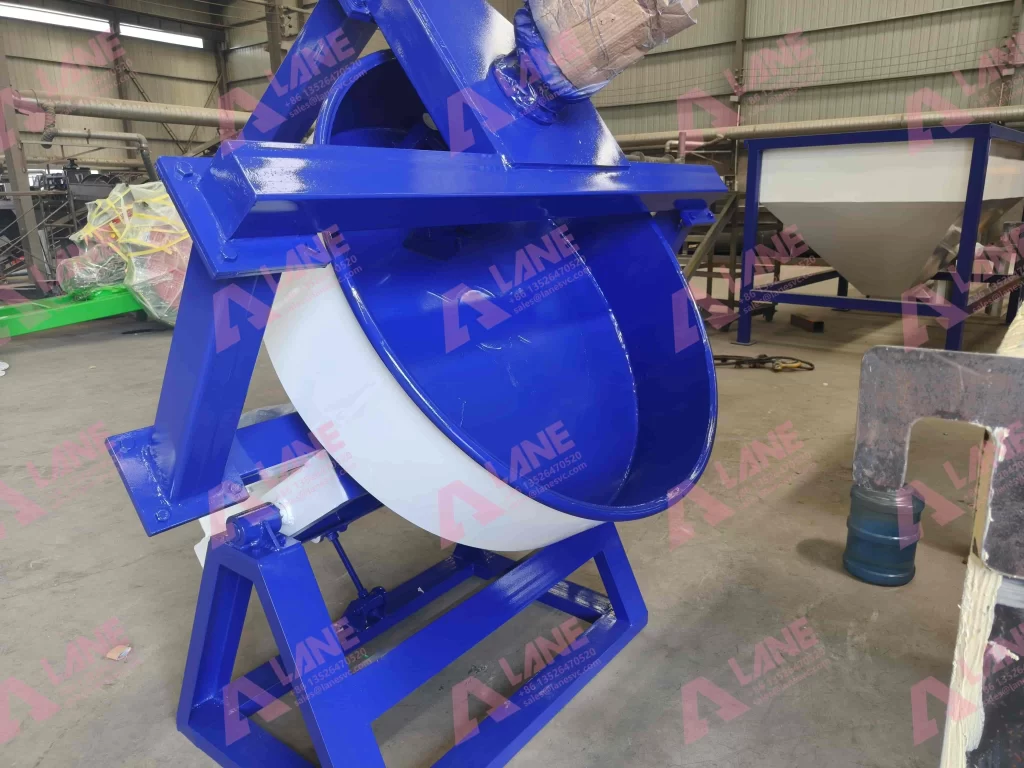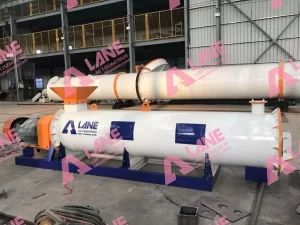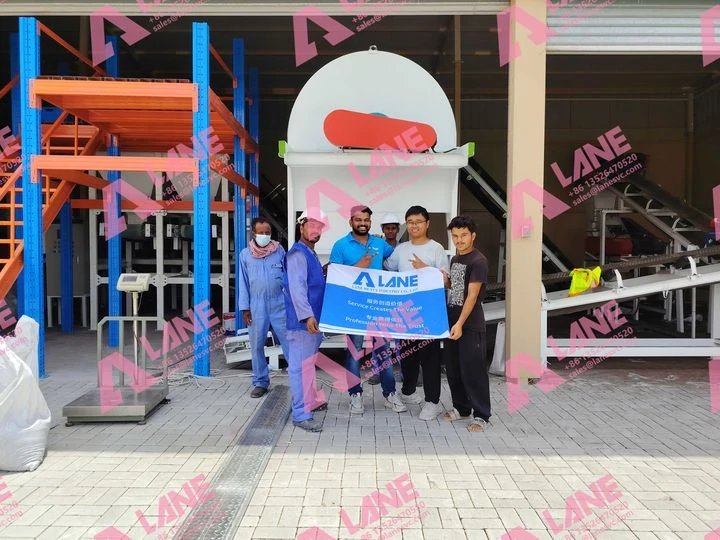As India accelerates its transition toward sustainable and environmentally friendly agriculture, establishing an organic fertilizer production line in India has become a strategic focus for both agricultural enterprises and local farmers. The country produces massive volumes of cow dung, poultry manure, kitchen waste, and crop residues every year. These materials, when properly processed, can be transformed into high-value organic fertilizer that enriches soil fertility and supports long-term agricultural productivity. To achieve efficient, stable, and commercial-scale production, the selection of proper machines is essential.
Among all the equipment involved in organic fertilizer manufacturing, fermentation tanks, compost turners, granulators, burners, and dryers form the backbone of a successful organic fertilizer production line in India. Understanding how each machine works and how they match India’s local raw materials, climate conditions, and production demands is crucial for investors and operators
Fermentation tanks have become increasingly popular in modern organic fertilizer production line in India projects. These enclosed systems can handle high-moisture raw materials such as cow dung, poultry manure, vegetable waste, and sugar mill byproducts, which are common across the country.

Key benefits include:
Enclosed aerobic fermentation prevents odor leakage and environmental pollution, which is particularly important in densely populated regions.
Automated temperature control ensures rapid microbial activity and shorter composting cycles.
Small land footprint, making them suitable even for compact production sites.
Reduced labor requirements, providing better cost control and easier management.
In humid regions like Kerala and Tamil Nadu, fermentation tanks prevent excessive moisture retention. Meanwhile, in high-production regions like Punjab, Haryana, and Gujarat, they allow faster, continuous processing of large volumes of manure. This makes fermentation tanks a versatile choice for various types of organic fertilizer production line in India setups.
In many Indian states—such as Uttar Pradesh, Rajasthan, Madhya Pradesh, and Maharashtra—farms and fertilizer plants have abundant open land and large stockpiles of organic waste. For these conditions, compost turners remain a practical and economical option for a large-scale organic fertilizer production line in India.
Advantages include:
Efficient turning of long windrows, accelerating fermentation and improving oxygen distribution.
Lower initial investment compared to complete enclosed systems.
Flexible equipment choices such as groove type, wheel type, and self-propelled turners.
Strong adaptability to bulk materials like crop residues, cattle manure, and composted municipal organic waste.
India produces large quantities of fibrous waste—especially rice straw, sugarcane bagasse, and crop stalks. Compost turners help blend these materials with manure, break them down evenly, and improve overall composting quality. Their simplicity, durability, and ability to handle heavy workloads make them an essential part of many organic fertilizer production line in India projects.
Granulation is one of the most important steps in building a commercial-grade organic fertilizer production line in India. Pelletized fertilizer has higher commercial value, better appearance, easier transportation, and more convenient application for farmers. The choice of granulator directly affects pellet strength, size uniformity, and overall product quality.

Common granulators include:
Disc granulator – Economical, easy to maintain, and widely used in small to medium fertilizer plants.
Rotary drum granulator – Suitable for large-scale production and continuous operation; ideal for major fertilizer manufacturers.
Stirring pin granulator – Highly suitable for India because it processes wet, sticky, or fibrous raw materials without extensive pre-drying. It produces uniform round pellets with high density and is excellent for cow manure, chicken manure, and compost-based mixtures.

Given India’s raw material characteristics—especially high moisture manure from dairy and poultry farms—the stirring pin granulator is often the preferred machine. It ensures stable granulation performance in a wide range of organic fertilizer production line in India applications.
Burners and Dryers: Ensuring Pellet Durability and Marketability
A fully functional organic fertilizer production line in India must include effective drying equipment to stabilize the final product. High moisture can reduce pellet hardness, cause clumping, and shorten shelf life. Burners and rotary dryers work together to control moisture and improve overall fertilizer quality.
Burners
Burners provide heat for the drying process and can use various fuel sources:
Biomass fuels such as rice husk, straw, peanut shells, and wood chips
Diesel or natural gas where available
Low-cost agricultural waste that reduces energy expenses
Biomass-fired burners are especially popular in India because fuel resources are abundant and inexpensive.
Dryers
Rotary drum dryers are the most commonly used in large-scale organic fertilizer production line in India setups. Their benefits include:
Strong capacity to handle large volumes of granules
Even heat distribution and consistent drying results
Ability to reduce final moisture to safe storage levels
Reliability across India’s diverse climate zones—from humid coastal regions to dry inland areas
High-quality drying significantly improves product stability, ensuring the fertilizer remains durable and market-ready.
Selecting suitable fermentation tanks, compost turners, stirring pin granulators, burners, and dryers is essential for establishing a high-efficiency organic fertilizer production line in India. India’s diverse raw materials, climatic conditions, and production needs require equipment that is robust, adaptable, and capable of continuous operation. When the machinery is properly matched, the entire production line becomes more stable, profitable, and environmentally friendly.
Lane Company provides all core equipment required for an organic fertilizer production line in India, offering reliable machinery solutions tailored to local raw materials like cow manure, poultry waste, and crop residues. With durable construction, competitive pricing, and professional technical guidance, Lane helps customers design and operate fertilizer plants efficiently. For businesses planning to build or upgrade an organic fertilizer production line in India, Lane Company stands as a dependable partner offering long-term value and support.

For more details, please feel free to contact us.
Henan Lane Heavy Industry Machinery Technology Co., Ltd.
Email: sales@lanesvc.com
Contact number: +86 13526470520
Whatsapp: +86 13526470520